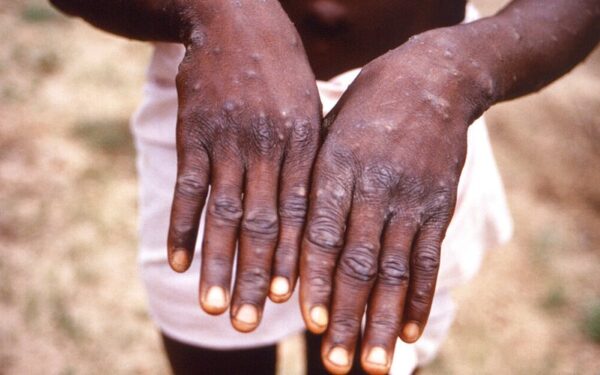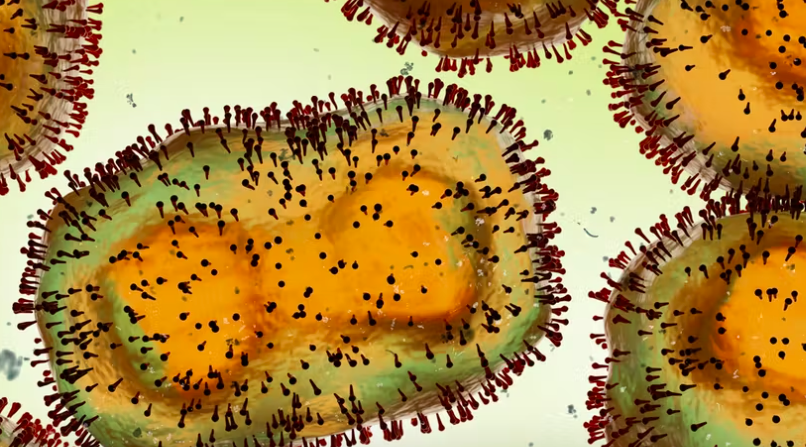A HUMAN rights group has called for higher standards by the Malaysian media in reporting about monkeypox and its prevalence among gay, bisexual and other men who have sex with men (MSM), amid instances of unethical and stigmatising reports.
In a recent media analysis on local monkeypox coverage, Justice for Sisters (JFS) said several monkeypox reports from the Malay-language media included “stigmatised” translations, summaries and terminologies, “biased” statements from experts and “lacked fact checks”.
JFS noted a Harakah Daily report that mistranslated World Health Organisation (WHO) director-general Dr Tedros Adhanom Ghebreyesus’ recommendations for MSMs to reduce their pool of sexual partners and exchange contact details with any new partners to be able to get in touch in case they got the virus, as “warnings”.
“The use of amaran (warning) in the Harakah report falsely indicates a stern warning from the WHO,” JFS said.
“This could lead to disproportionate and unnecessary panic and alarm within the public, which, in turn, heightens stigma and discrimination against lesbian, gay, bisexual, transgender and queer (LGBTQ) persons.”
The WHO has also cautioned against racist, LGBT-phobic and other forms of stigmatising sentiments in relation to monkeypox, JFS pointed out.
It added that English reports on the same news used less alarming language.
JFS also rubbished an Utusan report that quoted a virologist as saying that monkeypox can spread through sperm, citing a WHO advisory that said monkeypox is not a sexually transmitted infection (STI) although many reported cases are linked to sexual contact.
“It is undetermined if semen and vaginal fluid can transmit the virus even if fragments of the virus are found in the semen sample,” JFS added.
It further noted that despite the WHO looking into reports on the presence of monkeypox in semen and the possibility of it being transmitted through sexual intercourse, skin-to-skin and skin-to-mouth contacts remain the most frequent mode of transmission.

“Akin to judging, pointing fingers”
JFS added that the virologist’s expression of concern over bisexual people, queer men and MSM in heterosexual marriages “potentially infecting” their family members and children was akin to placing judgment and blame on such individuals for the spread of monkeypox.
“Instead of reinforcing stigma, the expert and article could have instead provided practical protection measures and cited the public health advisory by WHO released on July 18 (for gay, bisexual and MSMs on monkeypox),” JFS said.
“The statements also lack nuance and analysis of the impact of existing marginalisation, criminalisation and stigma against LGBTQ persons on their increased vulnerability, as well as low access to life-saving information and services.”
JFS further criticised the use of several stigmatising terms and languages in both reports, such as kegiatan seks songsang, which it said implies that all sexual acts and relationships between LGBTQ persons are “unnatural and abnormal”.
Queer was also translated as pelik (weird). JFS recommended maintaining queer in Malay, adding that it is not only a term to describe gender identities but an academic field of study.
Besides that, JFS recommended not using language like pengamal seks sejenis, which “reduces LGBTQ persons to sexual acts and sexualises their existence”, and lelaki yang mengamalkan seks sesama sejenis, which it said was “stigmatising”.
JFS, meanwhile, commended several media outlets for publishing articles that shed light on the increasing stigma against LGBTQ and other populations, such as an article by The Malaysian Insight that repurposed an AFP article.
“The article featured voices of LGBTQ persons and groups, highlighted the impact of stigma on access to life-saving information and services, and ultimately, LGBTQ persons’ ability to take protection measures for themselves and their partners.”
Moving forward, JFS recommended the health and communications and multimedia ministries publish a media advisory to eliminate stigma and improve media reporting in relation to monkeypox and its prevalence.
It also called on the health ministry to translate and make available the WHO’s public health advice for gay, bisexual and MSMs on monkeypox, and train healthcare providers to eliminate stigma against LGBTQ persons. – Aug 13, 2022
Main photo credit: Alamy Stock Photo









